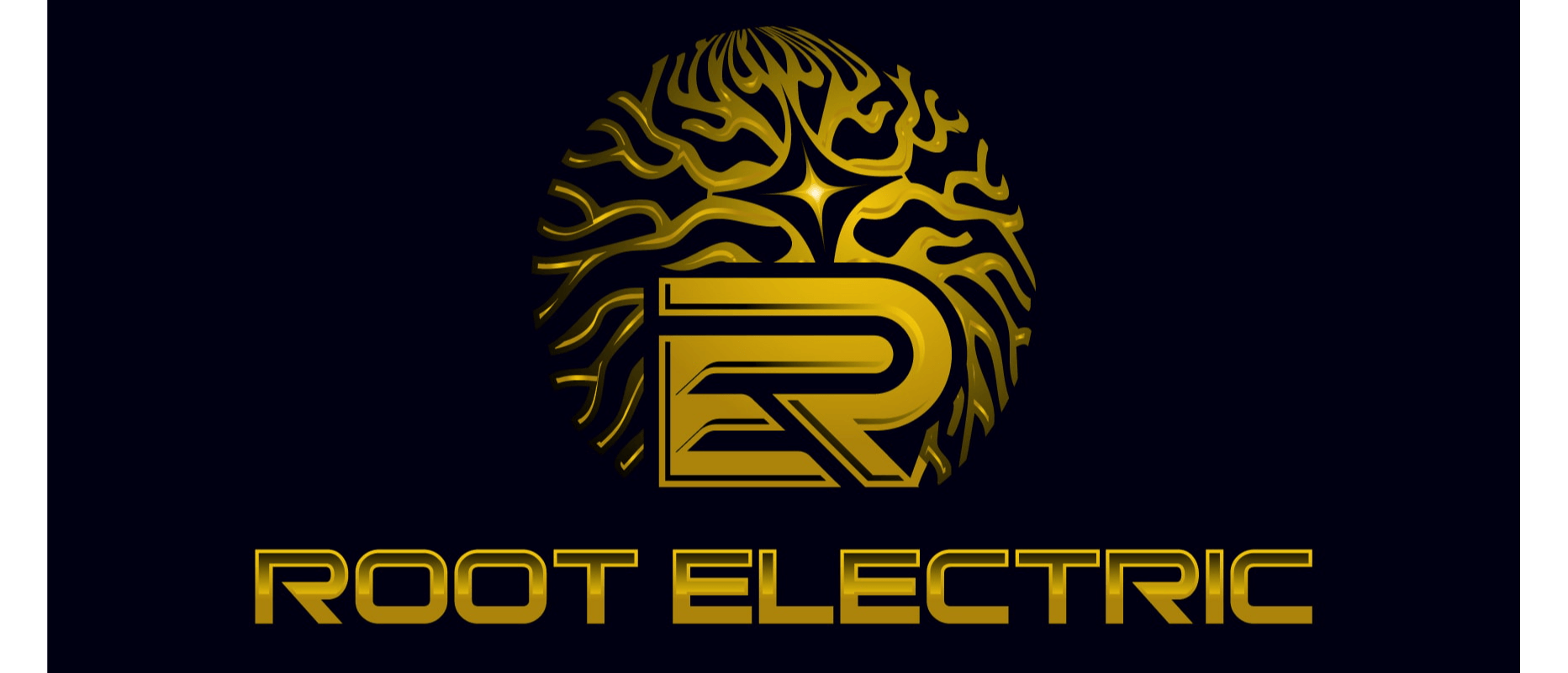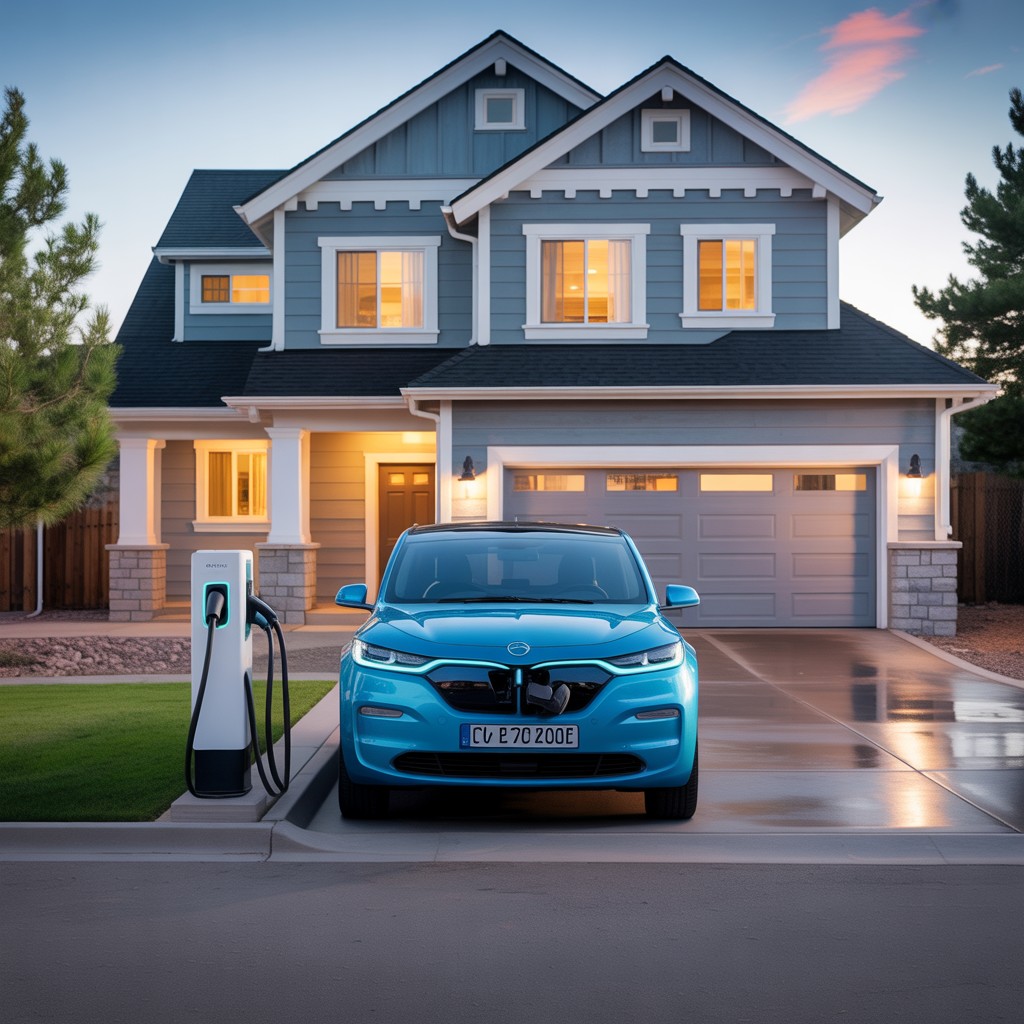As electric vehicle adoption continues to surge across Colorado, Parker homeowners are increasingly looking to install home charging stations for convenience and cost savings. Professional EV charger installation ensures your charging system operates safely, efficiently, and in compliance with local electrical codes. Understanding what to expect from the installation process helps you make informed decisions about powering your electric vehicle at home.
Types of EV Charging Systems Available
Electric vehicle charging stations come in different levels, each offering distinct advantages for home use. Level 1 chargers use standard 120-volt household outlets and provide the slowest charging speeds, typically adding 3-5 miles of range per hour. While these require no special installation, they're generally inadequate for daily driving needs.
Level 2 chargers operate on 240-volt circuits and represent the most popular choice for residential installations. These systems can add 25-40 miles of range per hour, making them practical for overnight charging. Level 2 chargers require dedicated electrical circuits and professional installation to ensure safety and optimal performance.
DC fast chargers, while available for residential use, are typically cost-prohibitive and unnecessary for most homeowners. These high-powered systems are better suited for commercial applications where rapid charging is essential.
Pre-Installation Assessment and Planning
Professional EV charger installation begins with a comprehensive electrical assessment of your home. Licensed electricians evaluate your existing electrical panel capacity, available circuits, and the proposed installation location. This assessment determines whether your current electrical system can support the additional load or if upgrades are necessary.
During the planning phase, electricians consider the optimal placement for your charging station. Factors include proximity to your electrical panel, convenient access to where you park your vehicle, and protection from weather elements. Indoor installations in garages offer maximum protection, while outdoor installations require weatherproof equipment and proper mounting.
The assessment also includes reviewing local permitting requirements and utility company regulations. Parker has specific codes governing EV charger installations, and professional electricians ensure compliance with all applicable standards.
Electrical Requirements and Upgrades
Most Level 2 EV chargers require a dedicated 240-volt circuit with appropriate amperage ratings. Common configurations include 30-amp, 40-amp, or 50-amp circuits, depending on your charger's specifications and your vehicle's charging capabilities. The electrical circuit must be properly sized to handle the continuous load without overheating or tripping breakers.
Many Parker homes built before widespread EV adoption may need electrical panel upgrades to accommodate EV charging. Older panels with limited capacity or outdated components may require replacement to safely support the additional electrical load. Professional electricians assess whether your current panel has available slots and sufficient capacity for the new circuit.
Ground Fault Circuit Interrupter (GFCI) protection is mandatory for EV charging installations, providing essential safety protection against electrical faults. Modern EV chargers often include built-in GFCI protection, but electricians ensure all safety requirements are met regardless of the specific equipment used.
Installation Process Step-by-Step
Professional EV charger installation typically begins with obtaining necessary permits from local authorities. Licensed electricians handle permit applications and ensure all work meets Parker's electrical codes and safety standards. This step protects homeowners from potential liability and ensures that completed work is properly inspected.
The physical installation starts with running new electrical wiring from your panel to the charging location. This may involve routing cables through walls, conduits, or underground trenches, depending on your home's layout and the charger's placement. Professional electricians use appropriate wiring methods and materials to ensure long-term reliability and code compliance.
Next, electricians install the dedicated circuit breaker in your electrical panel and connect the new wiring. This work requires temporarily shutting off power and should only be performed by licensed professionals due to safety risks and code requirements.
The charging station mounting and final connections complete the installation process. Wall-mounted chargers require secure mounting to handle the weight of charging cables and daily use. Electricians test all connections, verify proper grounding, and ensure the system operates correctly before final inspection.
Cost Factors and Investment Considerations
EV charger installation costs vary based on several factors, including the distance from your electrical panel to the installation location, required electrical upgrades, and the specific charger model chosen. Simple installations with short wire runs and adequate existing electrical capacity typically cost less than complex installations requiring panel upgrades or extensive wiring.
The charging station itself accounts for a significant portion of total costs, with prices varying based on features such as Wi-Fi connectivity, smartphone apps, and charging speeds. Higher-amperage chargers generally cost more but provide faster charging times, reducing the time needed to fully charge your vehicle.
Labor costs for professional installation reflect the complexity and time required for safe, code-compliant work. While DIY installation might seem cost-effective, improper installation can create safety hazards, void equipment warranties, and result in costly repairs or insurance issues.
Federal tax credits and Colorado state incentives can significantly offset installation costs. These programs change periodically, so consulting with your electrician about current rebate opportunities helps maximize your investment value.
Benefits of Professional Installation
Professional EV charger installation ensures compliance with all electrical codes and safety standards. Licensed electricians understand local requirements and perform work that passes inspection, protecting your home and family from electrical hazards. Proper installation also maintains your homeowner's insurance coverage and equipment warranties.
Professional installation optimizes charging performance and reliability. Correctly sized circuits and proper connections ensure your charger operates at full capacity without overheating or frequent shutdowns. This reliability is crucial for daily transportation needs and long-term equipment life.
Licensed electricians provide valuable expertise in equipment selection and placement. They can recommend chargers that match your vehicle's capabilities and your household's electrical capacity. Professional guidance helps avoid costly mistakes and ensures your charging system meets both current and future needs.
Warranty protection represents another significant advantage of professional installation. Most EV charger manufacturers require professional installation to maintain warranty coverage. DIY installations typically void these warranties, leaving homeowners responsible for repair or replacement costs.
Maintenance and Long-Term Considerations
Professional EV charger installations require minimal ongoing maintenance when properly installed. Regular visual inspections of connections, cables, and the charging unit help identify potential issues before they become serious problems. Professional electricians can perform annual maintenance checks to ensure continued safe operation.
Weather protection is crucial for outdoor installations. Professional installations include appropriate weatherproofing and mounting to withstand Colorado's varied climate conditions. Proper installation prevents moisture intrusion and extends equipment life significantly.
As EV technology evolves, your charging needs may change. Professional installations often include provisions for future upgrades or modifications. Planning ahead during initial installation can reduce costs if you later need higher-capacity charging or additional charging stations.
Choosing the Right Installation Partner
Selecting qualified electricians for your EV charger installation ensures professional results and ongoing support. Look for licensed contractors with specific experience in EV charging installations and knowledge of current electrical codes. Proper licensing and insurance protect homeowners from liability and ensure quality workmanship.
Experience with various charger brands and installation scenarios helps electricians recommend optimal solutions for your specific situation. Contractors familiar with local permitting processes can expedite approvals and avoid delays in your installation timeline.
Professional EV charger installation represents a valuable investment in your home's electrical infrastructure and your daily convenience. Working with experienced, licensed electricians ensures safe, reliable operation and compliance with all applicable codes and standards. The peace of mind and optimal performance that comes from professional installation makes it the clear choice for Parker homeowners ready to embrace electric vehicle ownership.


